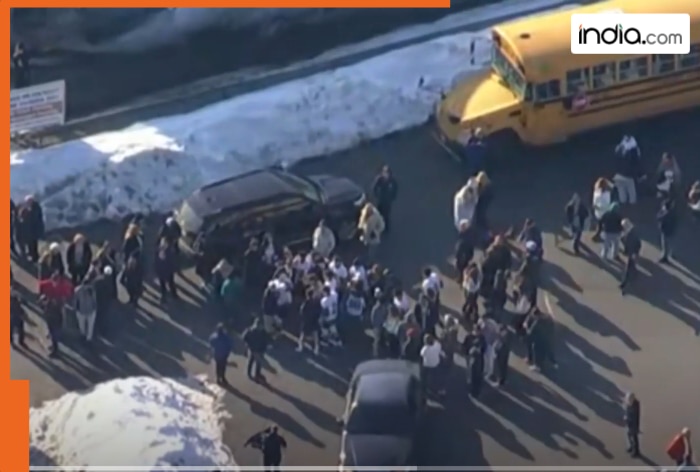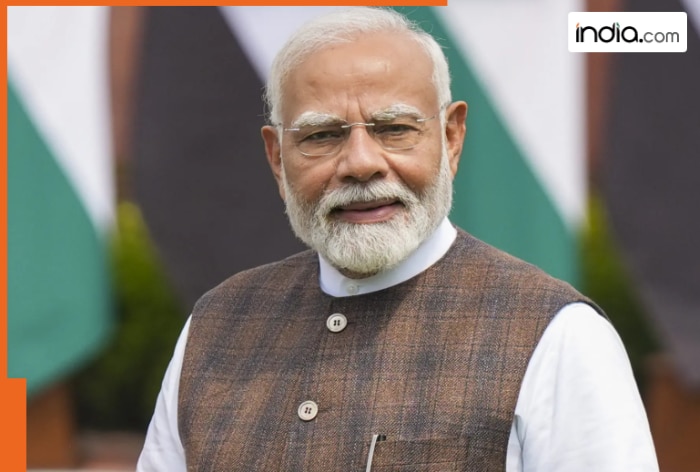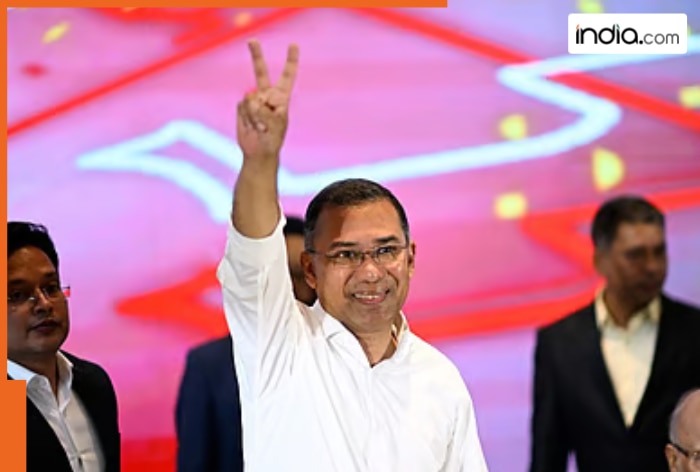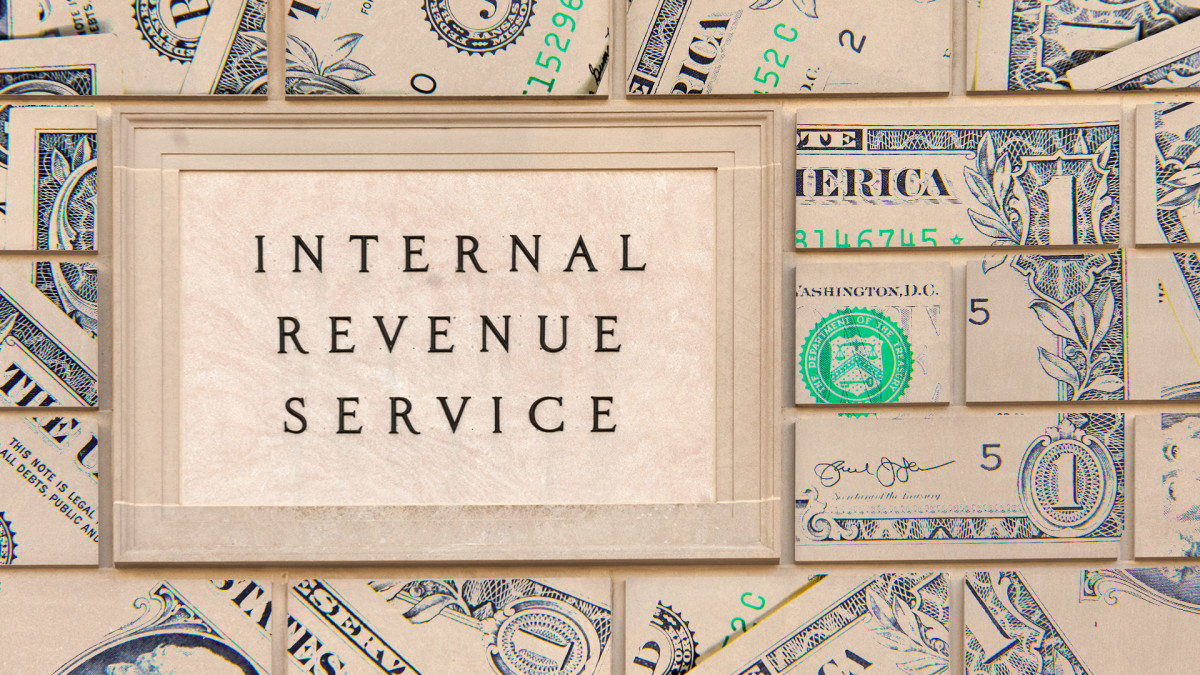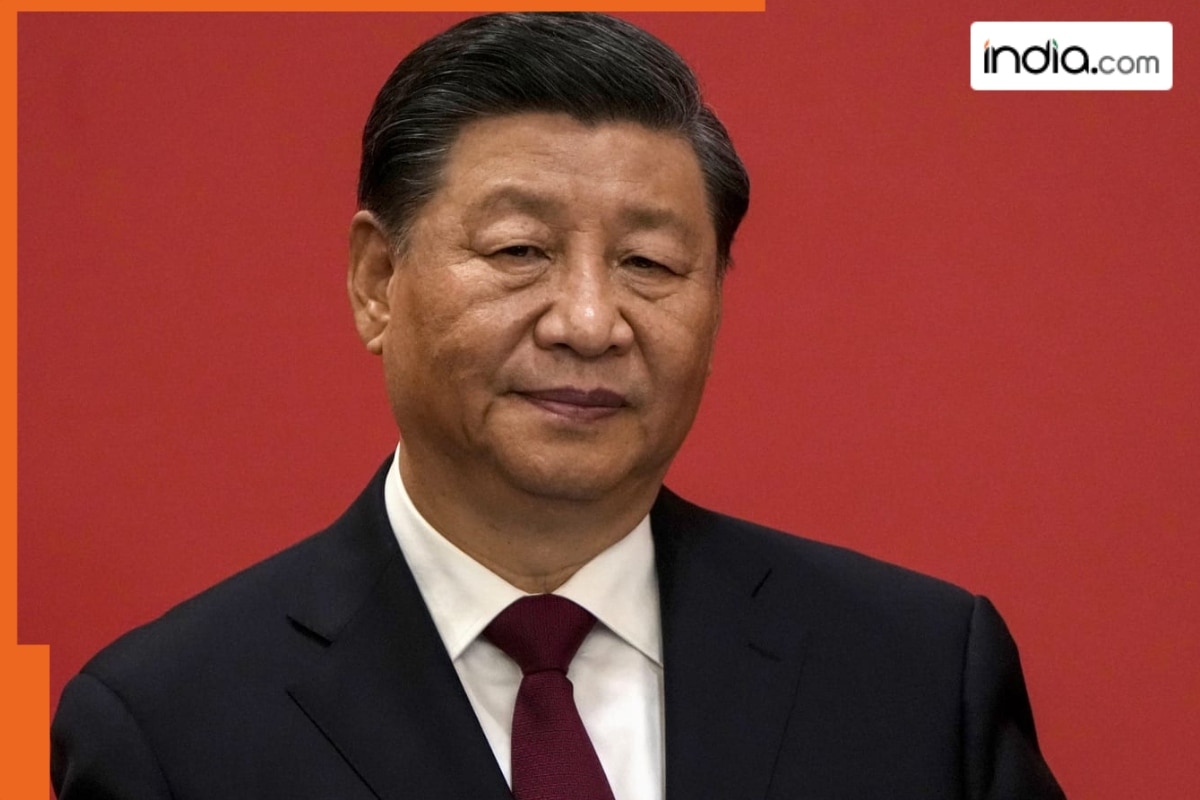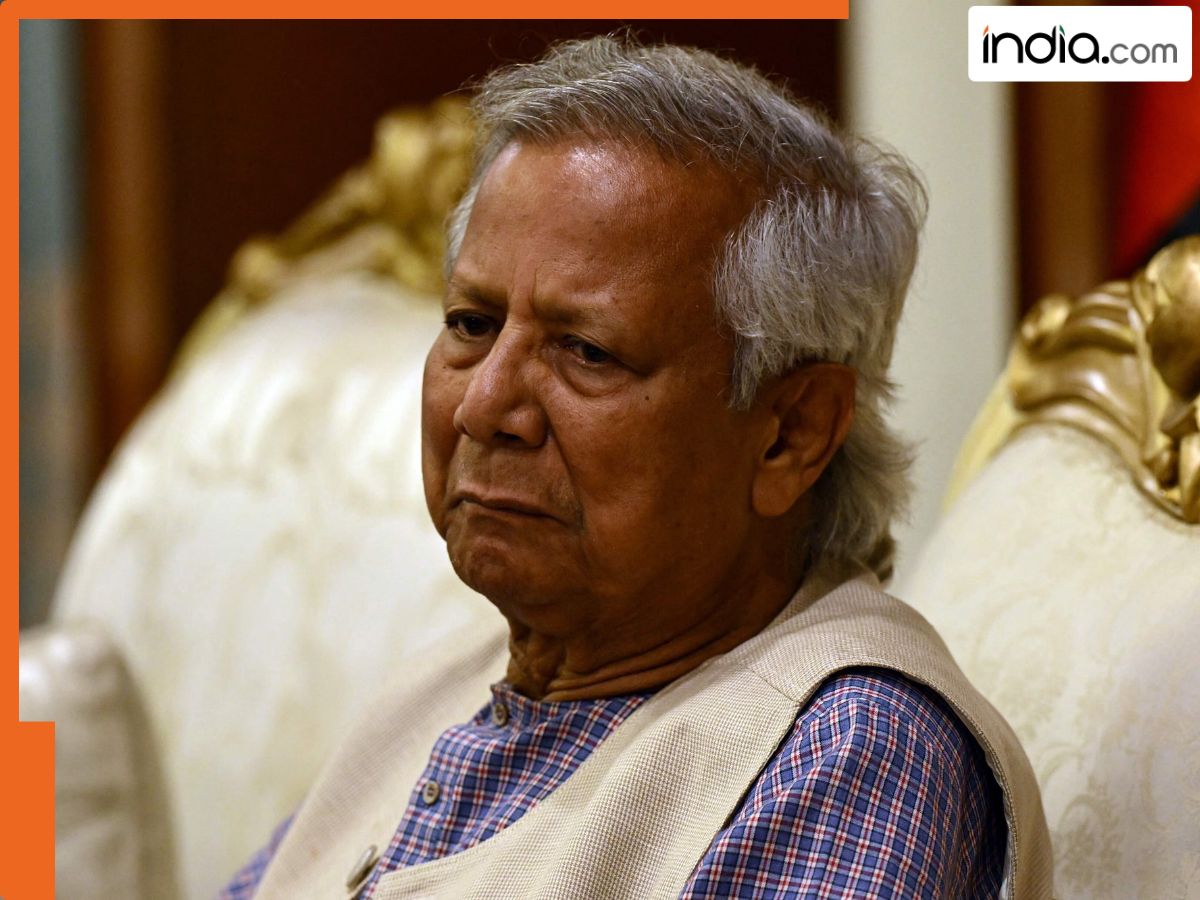Big Update for H-1B Visa Holders, Donald Trump proposes major rule changes, plans to scrape THIS key system, US Presidents now aims to…
As per the Federal Register notice, the US government's proposed amendment to the visa selection process is intended to give priority to high-skilled and high-wage employees for H-1B visas.
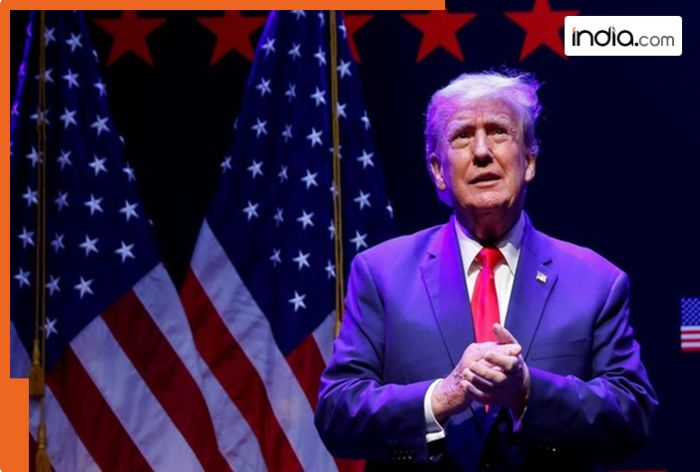
Washington: In a major development, the Doland Trump administration has now issued a new proposal aimed at bringing massive changes to visa rules. As per the Federal Register notice, the US government’s proposed amendment to the visa selection process is intended to give priority to high-skilled and high-wage employees for H-1B visas.
Under the proposal, foreign workers would be selected for visas based on their wage levels. This new proposal comes shortly after the H-1B visa fee was raised to USD 100,000. As per the reports, the employees falling under the highest of the four wage levels would be entered into the selection pool four times.
It is important to note that the new rule applies to employees earning an annual salary of USD 162,528. Meanwhile, those at the lowest wage level would be included only once. Nicole Gunara, a leading immigration attorney at Manifest Law, said the new proposal could reshape the flow of global talent into the US economy.
Here are some of the key details:
- The new proposal by the Department of Homeland Security seeks to abolish the existing lottery system
- It also seeks to implement a weighted selection process.
- The objective is to grant visas to highly skilled and higher-paid foreign workers.
- Applicants will be classified into four wage levels (I to IV), with those in the higher levels having better chances of being selected.
Explaining the new proposal, Gunara said that an engineer offered an annual package of USD 150,000 at Meta could now receive multiple lottery entries, while a junior developer at a startup with a USD 70,000 salary might only get one entry.
He added that this system would tilt in favor of well-established companies capable of offering higher salaries, while moving away from emerging startups that rely on young international talent. The rule could shift the focus more toward senior, higher-paid technical employees. In other words, the chances of selection for senior and high-salary posts would become significantly better.
What's Your Reaction?








